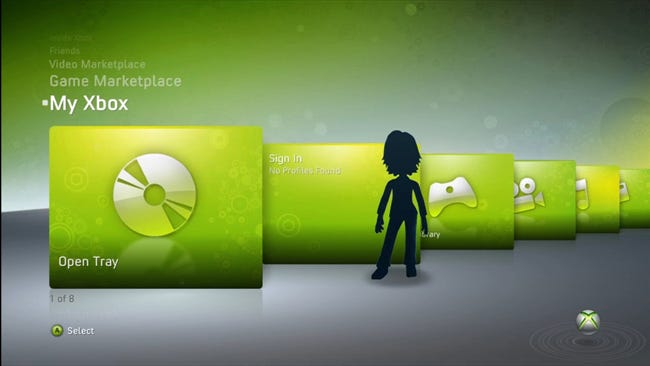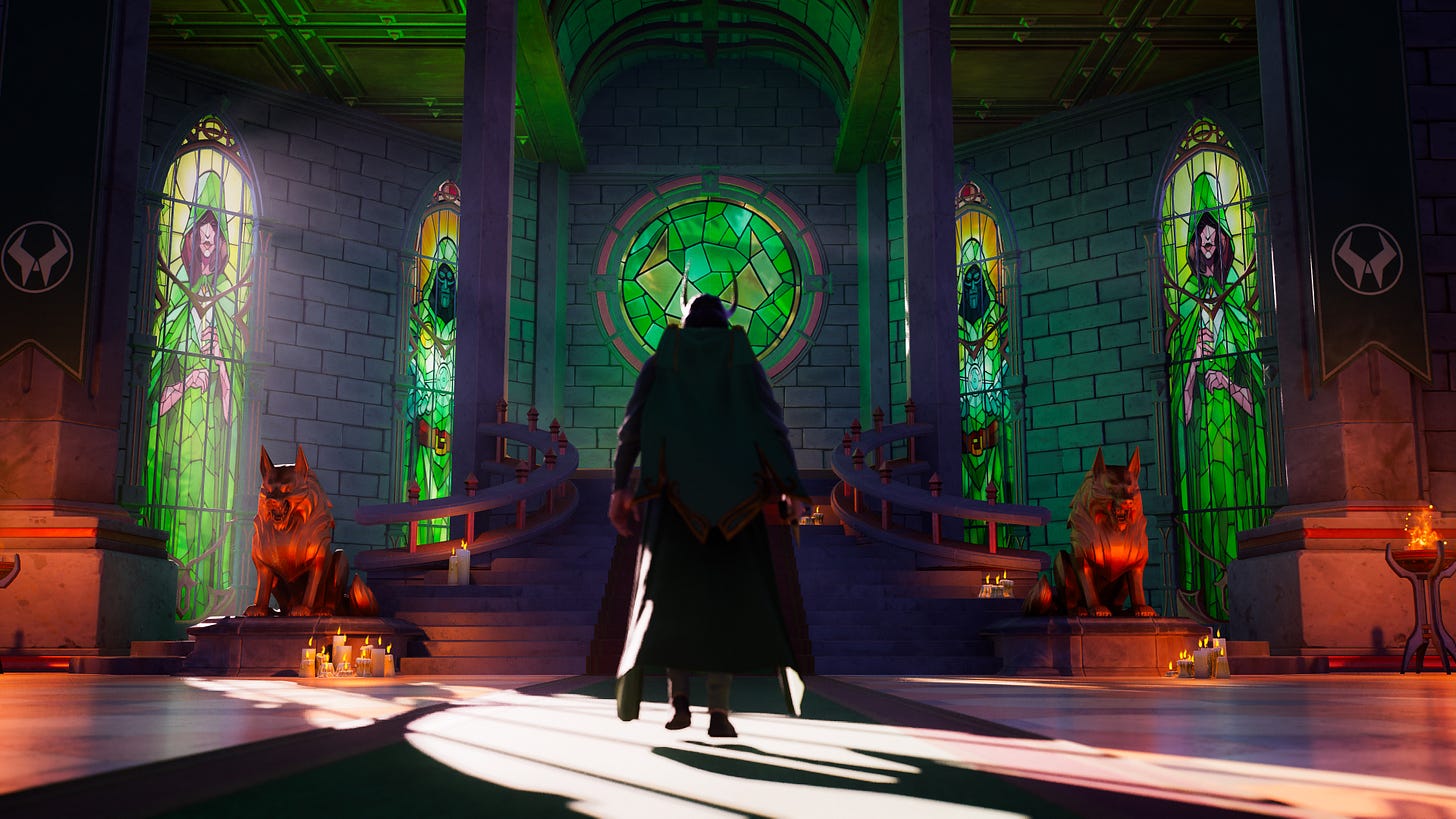No, the gaming console isn't dying; it's just being redefined.
Much like the gaming PC—which received more than a few obituaries in the early 2000s—consoles are currently grappling with a number of challenges, including dips in sales, a loss of exclusives, and, as one former PlayStation exec has suggested, a collapse in creativity.
But those challenges are more likely to engender new approaches to future consoles, which will be tied to everything from the hardware to business models to the sorts of games they play.
What is a gaming console?
Chief among the changes we will likely see—and have already started to see—is an expansion of what we consider a gaming console.
When you get down to it, a video game console is just a streamlined computer designed to play games. Or at least that was the definition of those first game consoles. But what happens when a console must also be able to go online, play movies, play music, sell things, and deliver advertising?
The game industry has been blurring the line between "gaming PC" and "console" for decades. Heck, way back in 2007, Bill Gates told me that he and Microsoft viewed the original Xbox as a glorified computer and that the only reason they got into the game business was because they knew the console would one day be able to do things beyond gaming, and that it sat in your living room.
What I find most interesting about all of this is how systems designed for playing games are defined and marketed over the years.
Although game consoles have evolved significantly since the glory of the Atari 2600, they are still slick, relatively easy-to-operate systems of play. Things have gotten more complex for console owners, but the console is generally still the easiest, quickest way to go from power on to play.
But the more companies like Microsoft and PlayStation release variations of their systems, the more they include the ability to upgrade and tweak, the more these systems lose that one chief competitive edge over gaming PCs: ease of use.
Meanwhile, some gaming PCs are shifting in the exact opposite direction. Where once a PC gamer would have to build a system from scratch to play the newest games, now anyone can pick up powerful, off-the-shelf gaming computers ready to go.
A prime example is the handheld gaming PC. Although they've been around for a while, the form factor took off in 2022 with the Steam Deck.
Is the Steam Deck a gaming console?
Sure, you can sideload software on it, but the Steam Deck’s core feature is to deliver a slick, pain-free way to play some games purchased on Steam while on the go.
The question of how to define the Steam Deck becomes more interesting when you compare it to the other gaming handheld PCs that have been released since. The ROG Ally X, the newest and best of those systems, lacks the ease of use and slick user interface that make the Steam Deck so alluring to some. In other words, it's more like a PC than a console.
This gap in ease of use between two handheld gaming PCs starts to feel like a clear line that delineates a console from a computer.
If you view handheld gaming computers as some weird sort of outlier, then you haven’t been paying attention.
Remember, the gaming laptop was viewed much the same way when it first hit the scene.
And today, laptops are dominating the towering desktops that once ruled the world of gaming PCs.
I wasn’t aware of just how much laptops have taken over the market until recently.
At a Microsoft event earlier this month, a hardware designer mentioned to me that tower desktops make up just ten percent of PC sales. I was so shocked that I contacted the IDC folks to verify that.
It turns out the ten percent was only a slight exaggeration; of all PCs shipped in 2023, desktops made up about 30 percent—tower computers (basically, the big desktops you see sitting next to or under a desk) were roughly half of that. IDC forecasts towers dropping to 10 percent before 2028, with people shifting to notebooks and other smaller form factors.
Of course, this doesn’t include folks building from scratch, but it still represents a stark change.
And while handheld gaming PCs aren't exactly taking over the world, IDC estimates that more than 1.5 million were sold in 2022 and 2.4 million last year. IDC thinks sales will drop this year mostly because Steam isn't releasing a new system.
What’s happening to modern gaming consoles?
As the gaming PC becomes easier to purchase—and arguably less frequently home-built—the attention of game console platform holders like Microsoft and PlayStation seems to be drifting away from pivotal changes in hardware to focus more on the experience of purchasing and owning games.
Where once the battle for gamers' hearts and minds was fought between gaming consoles, it seems to be waged more often now on storefronts.
What used to be a console war between PlayStation and Microsoft is shifting to Steam versus Epic, or maybe Epic versus Apple, or Google versus everyone. These days, I seem to hear more about the Xbox Game Pass and PlayStation Plus services than about consoles from either company.
So maybe this all points to an oncoming change, a death in its own way. But a death defined by how we delineate what we today consider gaming consoles and gaming PCs. Perhaps, in the future, the two will converge, reborn in some singular new, handy (facey) platform.
Maybe our future is destined to be dominated by a variety of PC gaming consoles. (And, of course, whatever electronic delight Nintendo is cooking up because we all know they're not going anywhere.)
I can see a future where the rig you buy from Microsoft or PlayStation or Valve or whoever, will be more about branding and power, and less about creating walled gardens for a system that can only play certain games.
But is that a bad thing? Won't a gaming console by any other name still play as sweet?
Happy Halloween!
I’m a big fan of horror movies, so I would be remiss if I didn’t suggest at least a few movies for you to watch in the coming week.
I’ve watched about 1,900 horror movies in my lifetime. (I even had a spreadsheet to track them.) But I’ll cut my list down to just five recent movies I really enjoyed. In no particular order:
Tarot
I Saw the TV Glow
The Spine of Night
Deadstream
Die Alone
Elsewhere
10 scary video games and 20 amazing horror flicks to watch after playing them
SONIC X SHADOW GENERATIONS is the ultimate celebration of the iconic anti-hero










